Lewis Hamilton won his fourth Formula 1 World Championship title this year, cementing his spot as one of the sport's all-time greats.
Since breaking into Formula 1 in dramatic fashion in 2007, the Brit has proven himself one of the sport's most determined racers. How good is he? To find out, we tracked down the select band of drivers who have beaten him over the course of a season.
Opinion: Is Lewis Hamilton Britain's greatest F1 driver?
Nico Rosberg, 2016 Formula 1 champion
Time was teenage karting sensations Nico Rosberg and Lewis Hamilton would spend all day as team-mates at the track, eat their evening meal together, sleep in a shared hotel room and then repeat it all over again.
And while their paths may have occasionally swung in different directions on the way up the ladder, both made it to Formula 1 and, between 2013 and 2016, they were reunited as they battled for supremacy in the Mercedes F1 team.
AND LOOK AT THAT! Watching the F1 season finale with commentary hero Murray Walker
The stats from those occasionally tumultuous four years read very much in the Briton’s favour: two world titles to one, three seasons ahead in the standings to one, 1334 championship points scored to 1195. But Rosberg did out-score, out-race and out-qualify Hamilton on numerous occasions, and, most crucially, did so over the course of the entire 2016 season.
“Our relationship deteriorated as it gets pretty intense fighting for wins and world championships,” Rosberg (pictured below in his karting days) says now, a year into his post-championship retirement. “We grew up together, we worked well together but we are also two super-competitive people who were working with the same equipment in the same team to achieve the same goal. There’s no surprise that there were ups and downs but I believe the underlying respect was always there. It’s how we achieved so much for the team.”
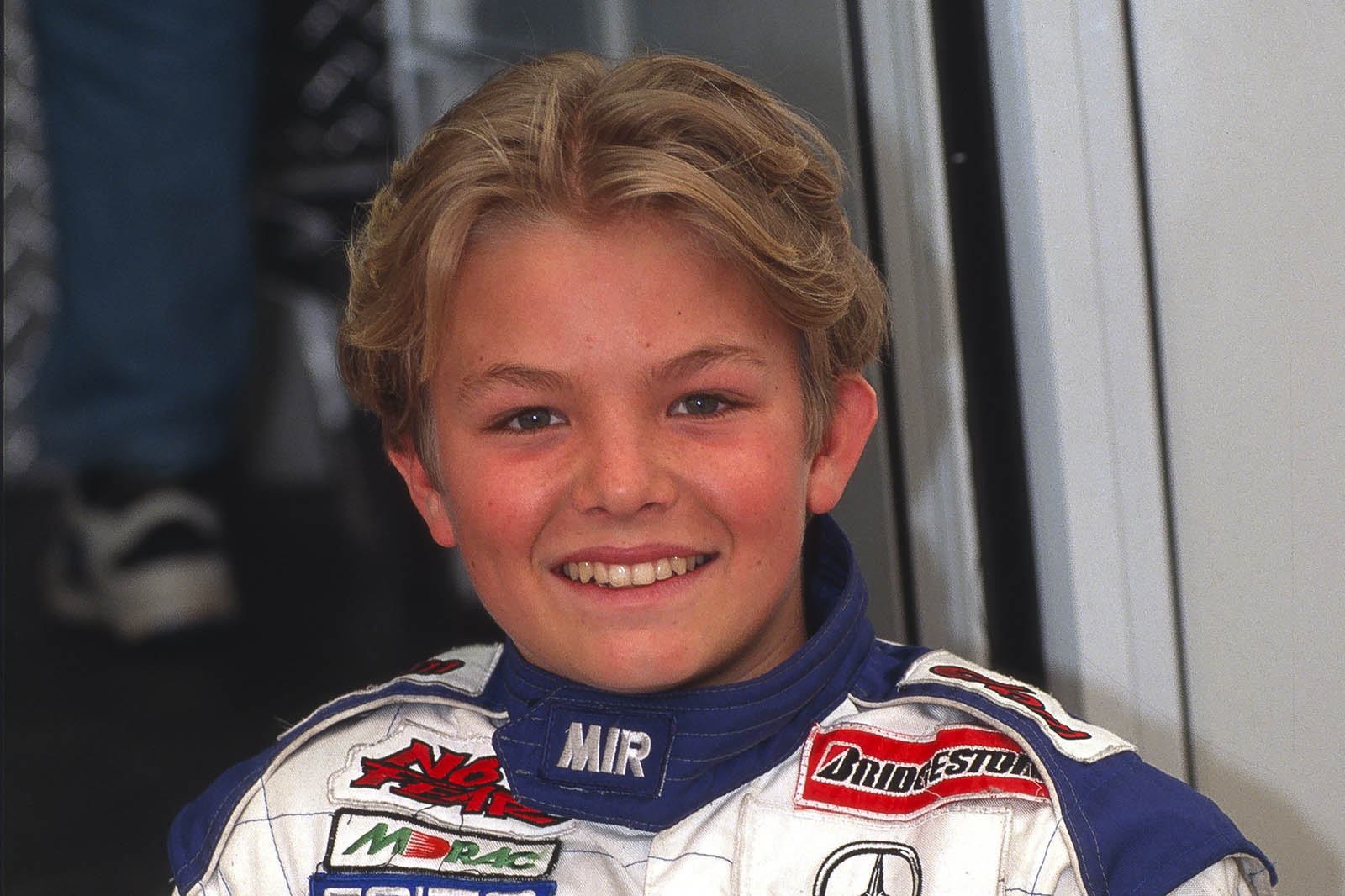
How, then, with the benefit of hindsight, does Rosberg believe he beat Hamilton to reach the pinnacle of the sport? “I had to dedicate my life to winning,” he says, with a steely tone that suggests that the memories of both the hard work and the pride at the end result will never fade. “Lewis is one of the best of all time and we were in the same car, so the only way to do it was to give it my full focus.”

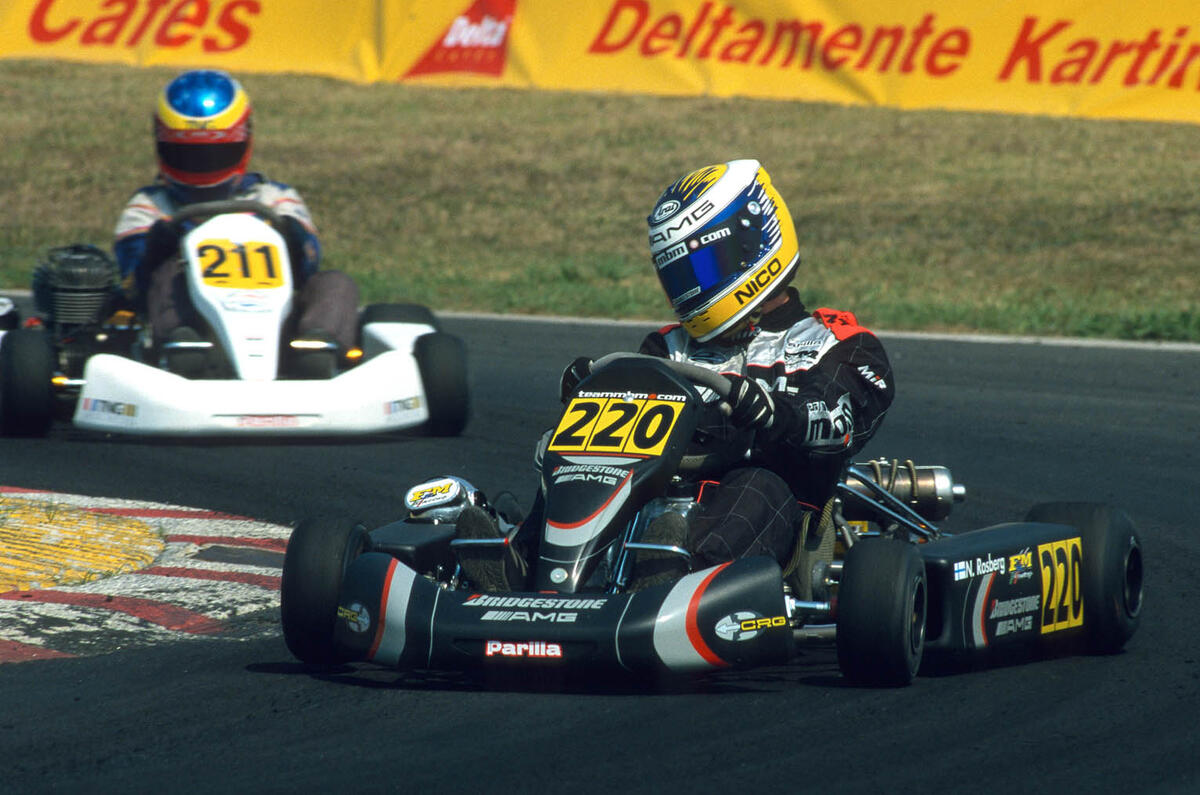
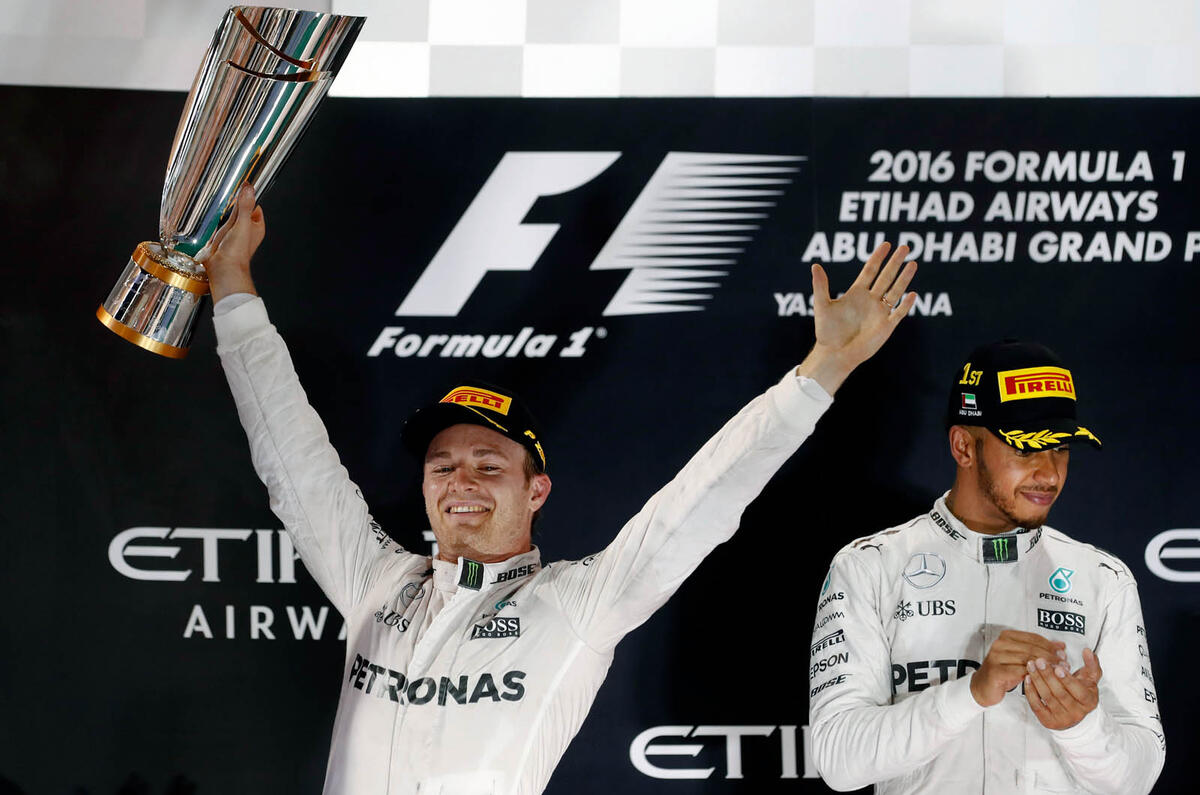
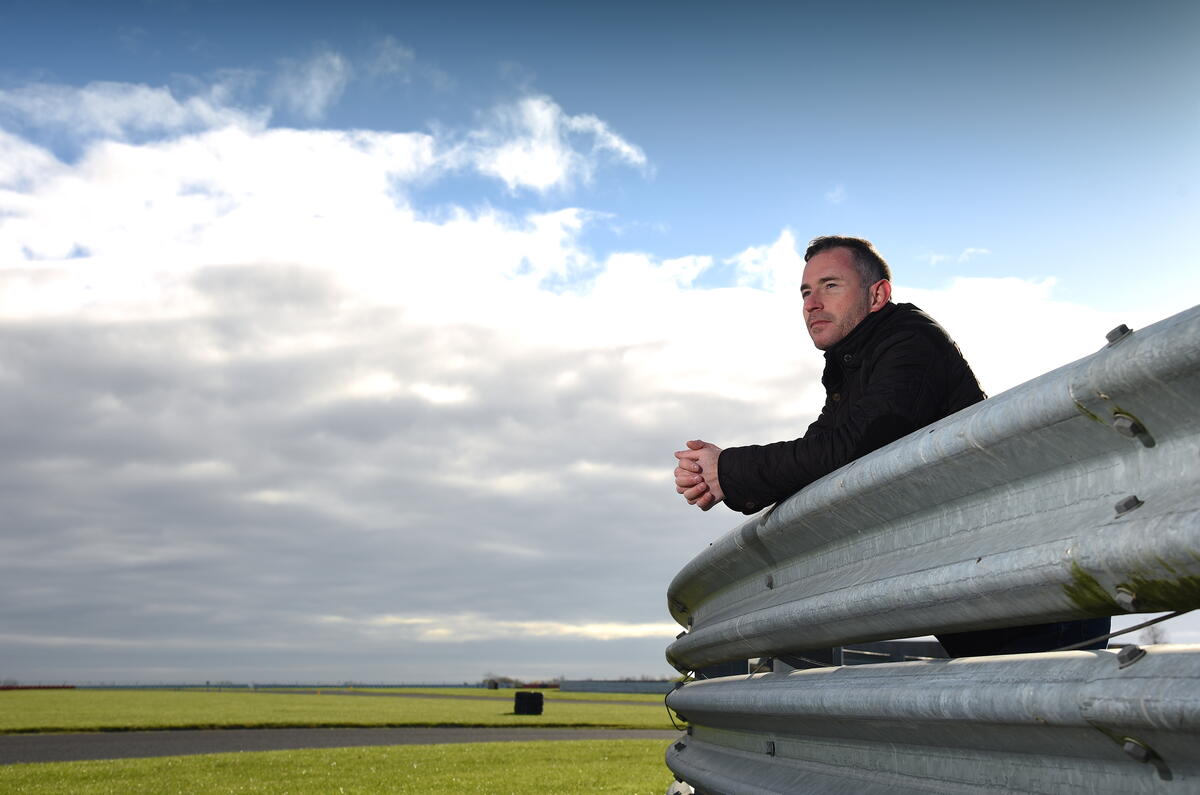
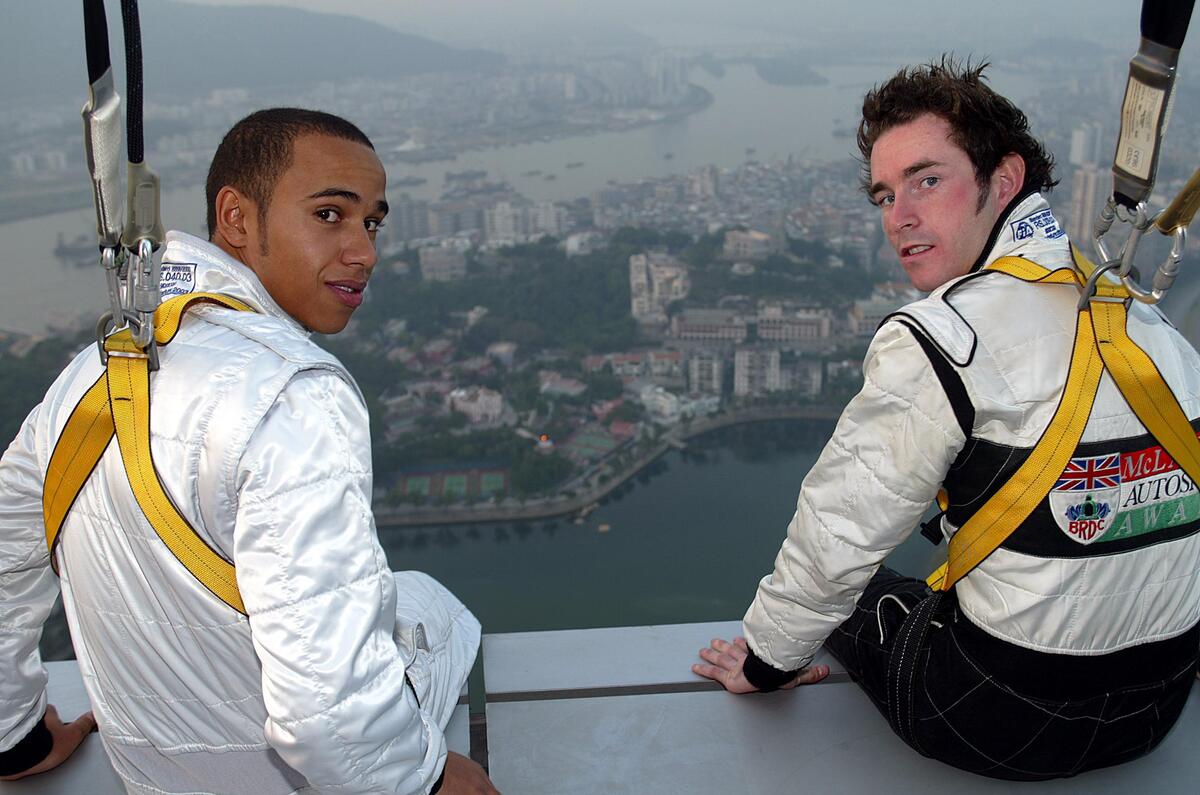
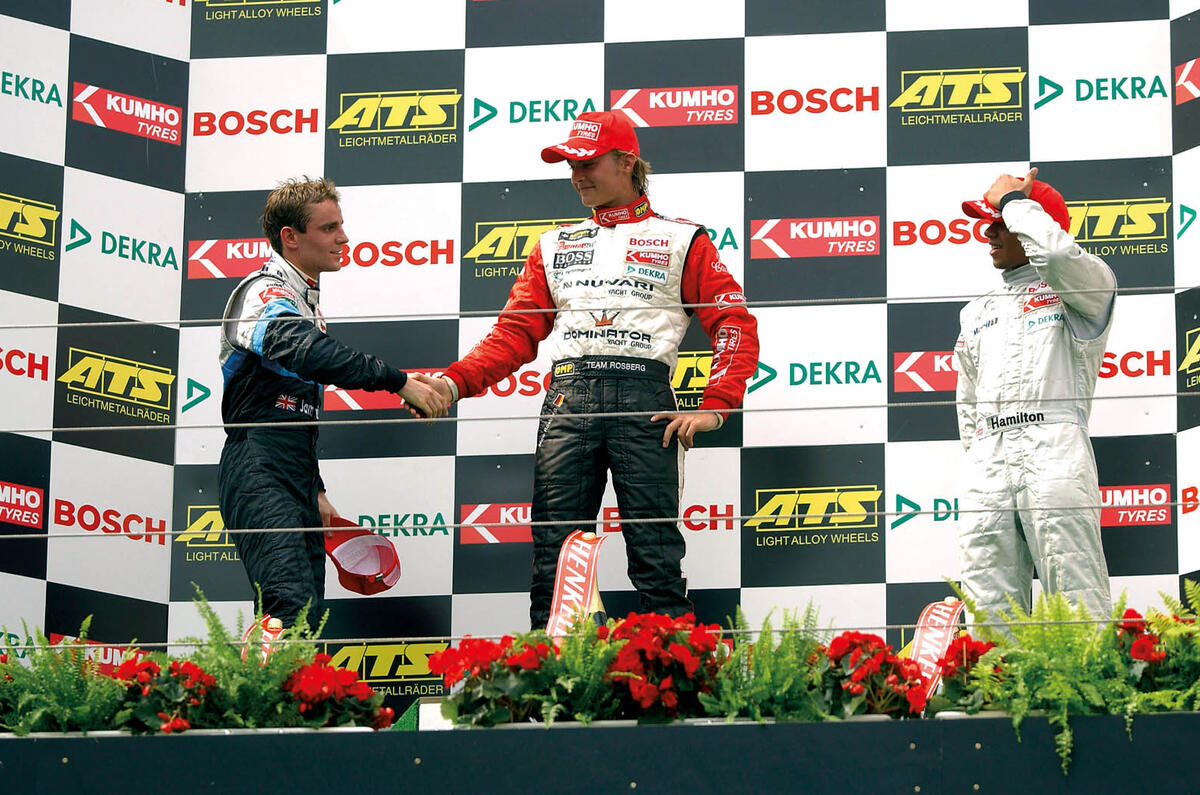
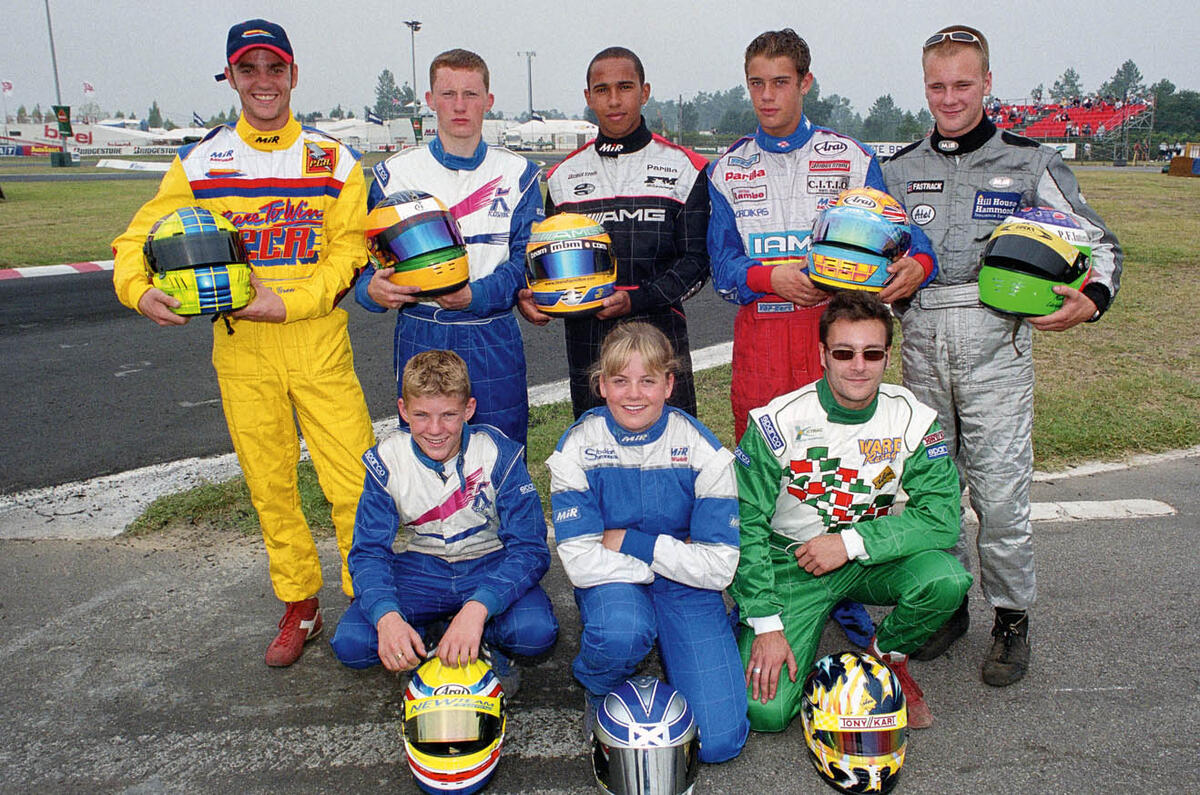
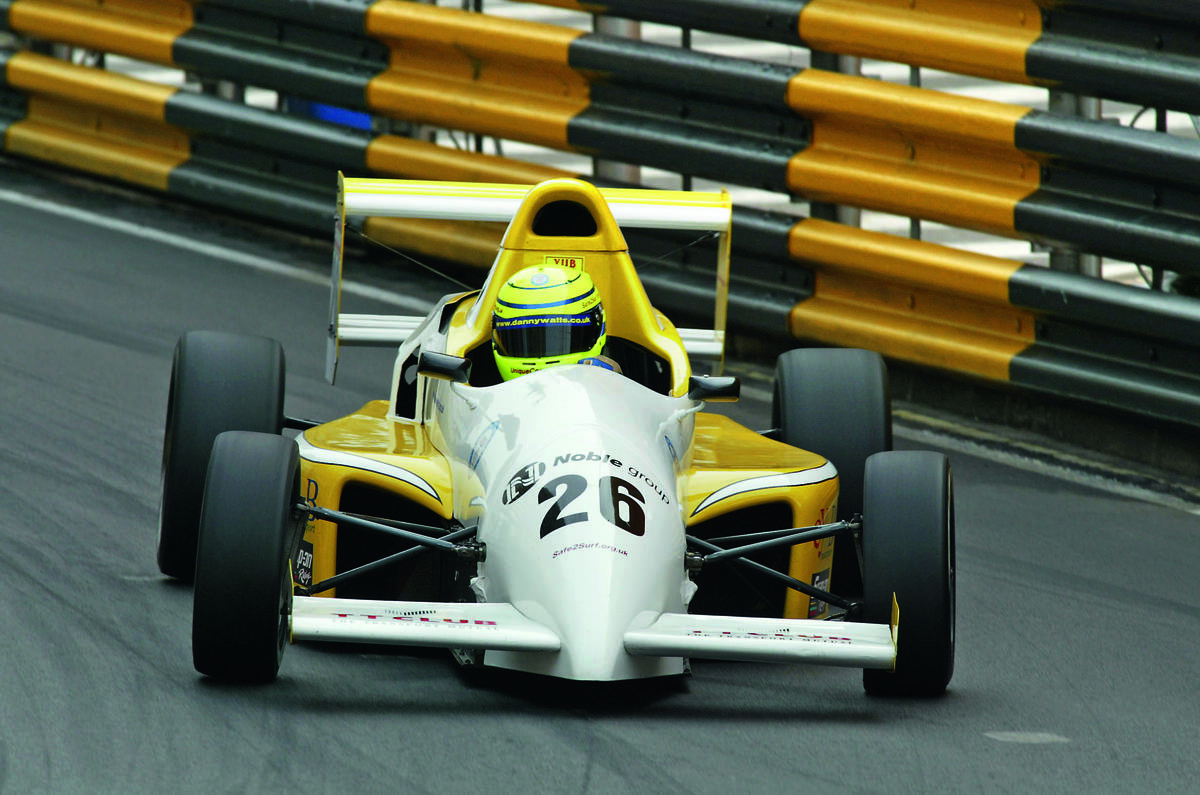
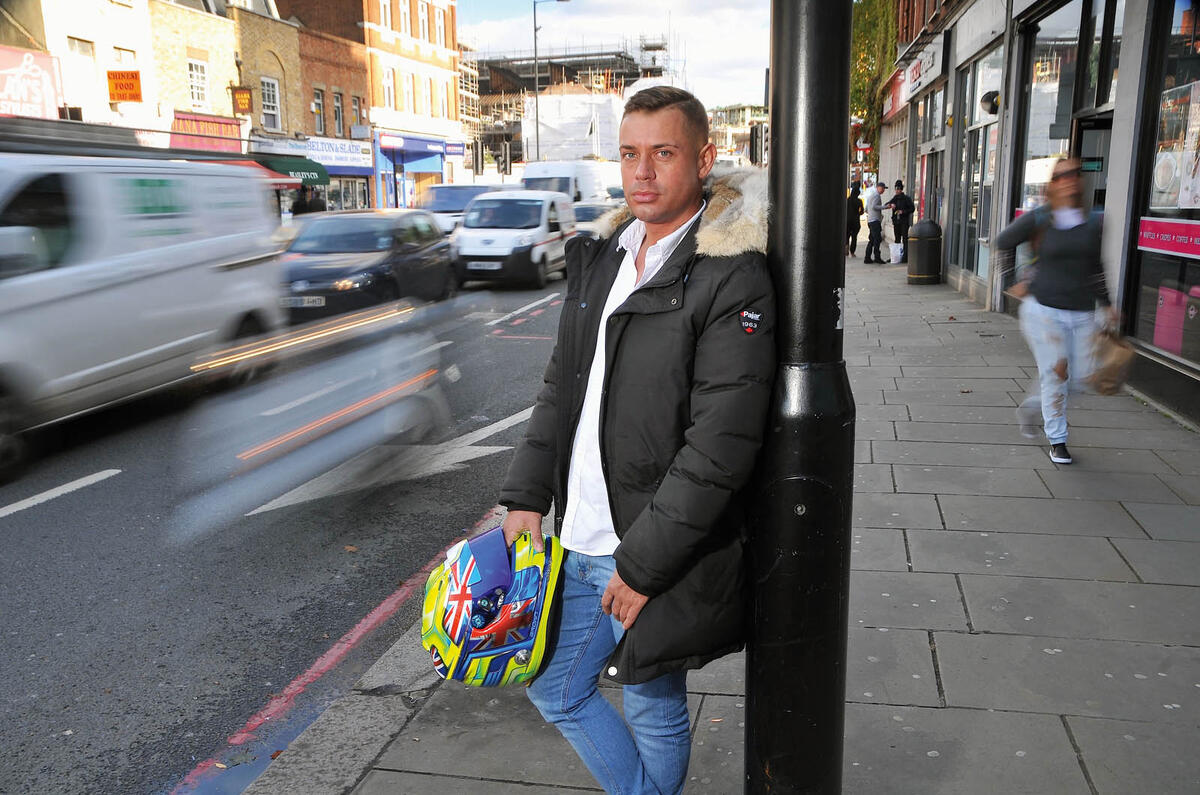
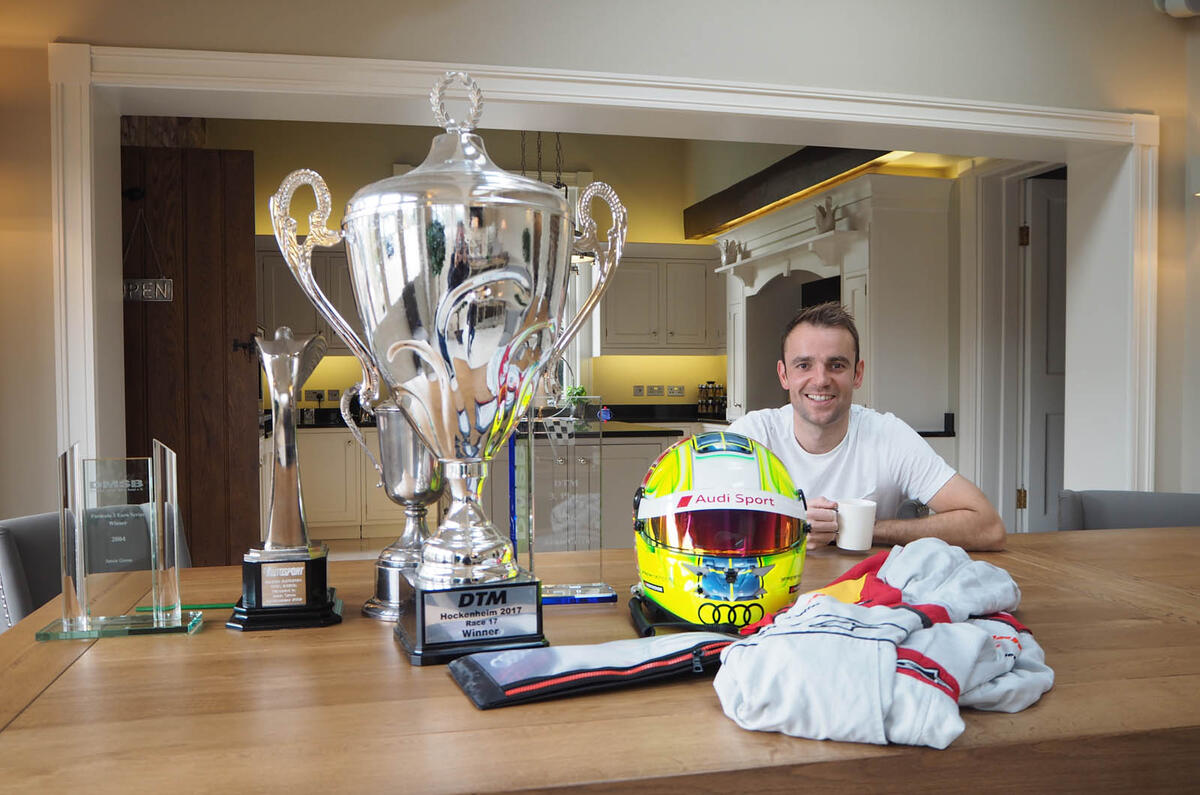
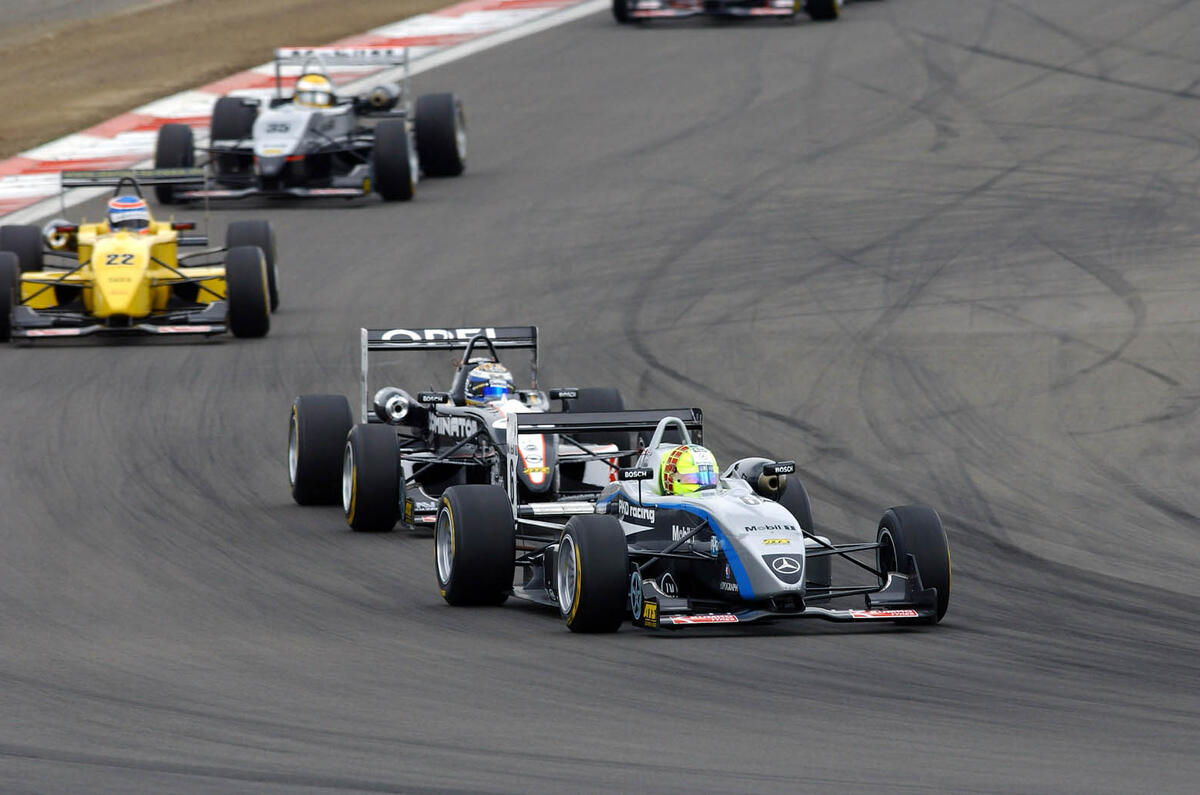
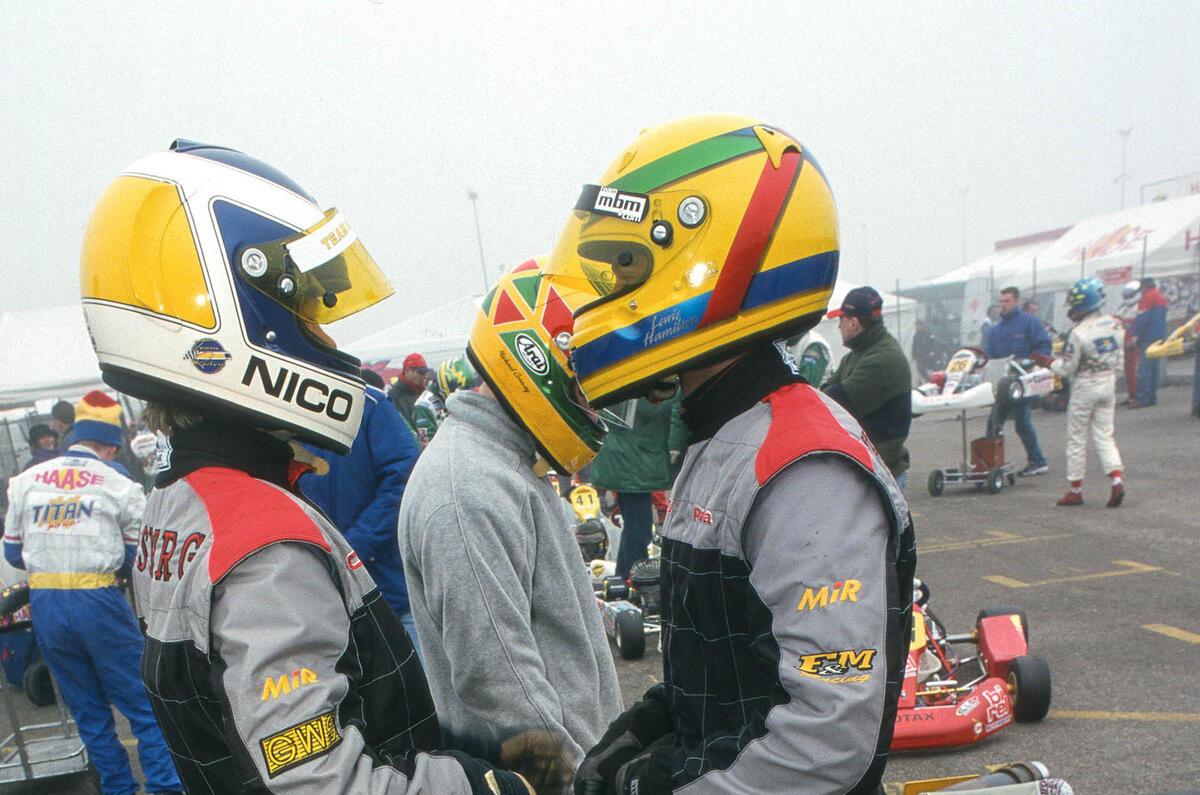
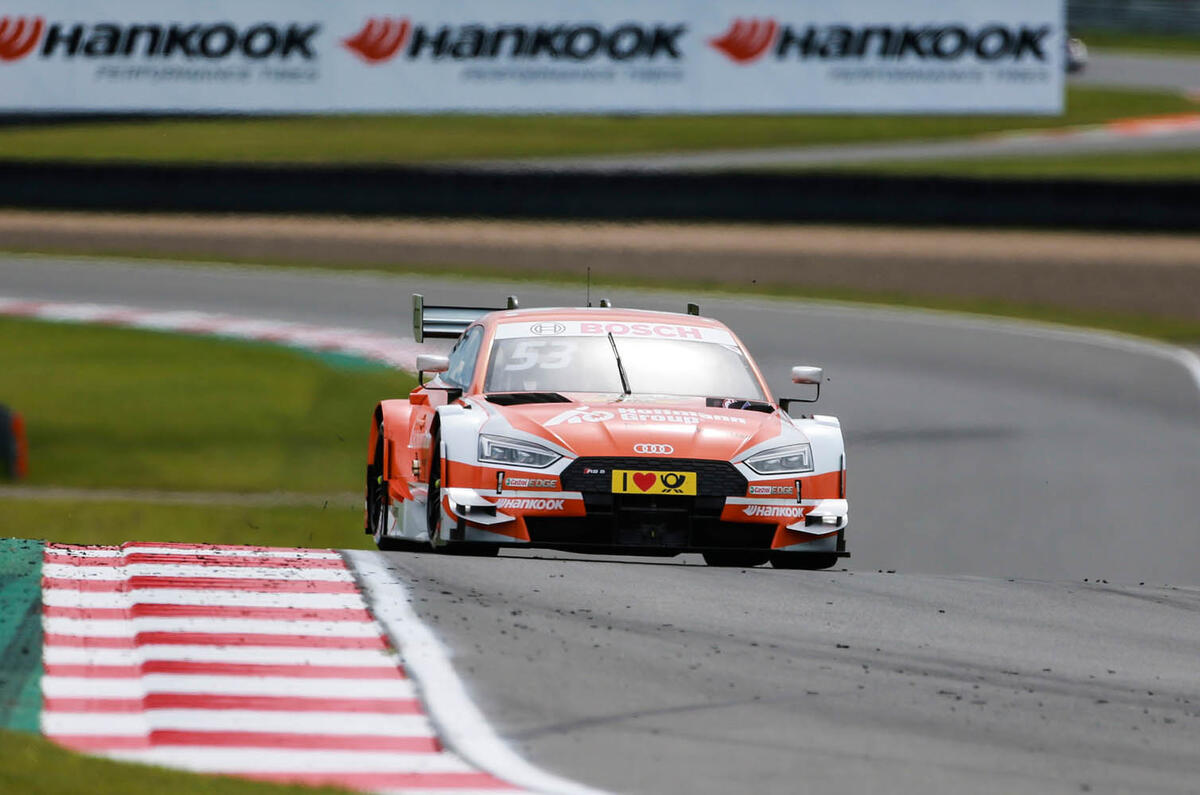
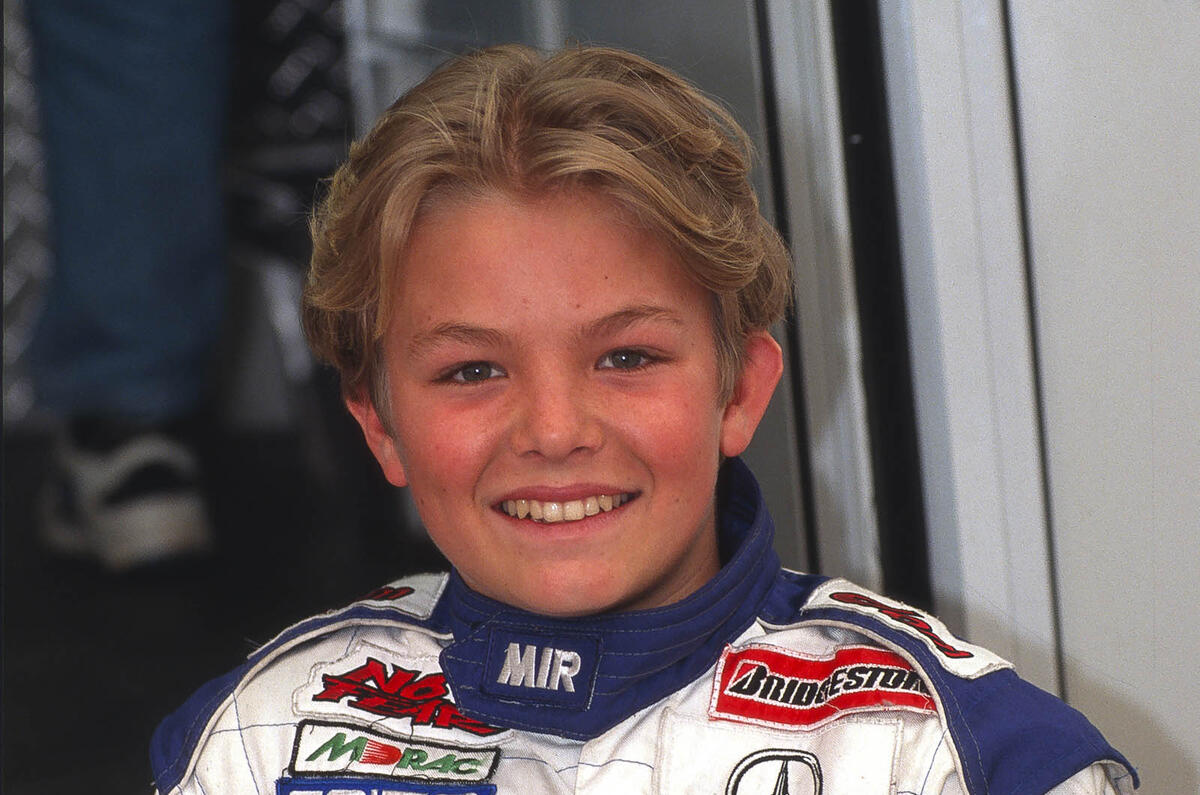
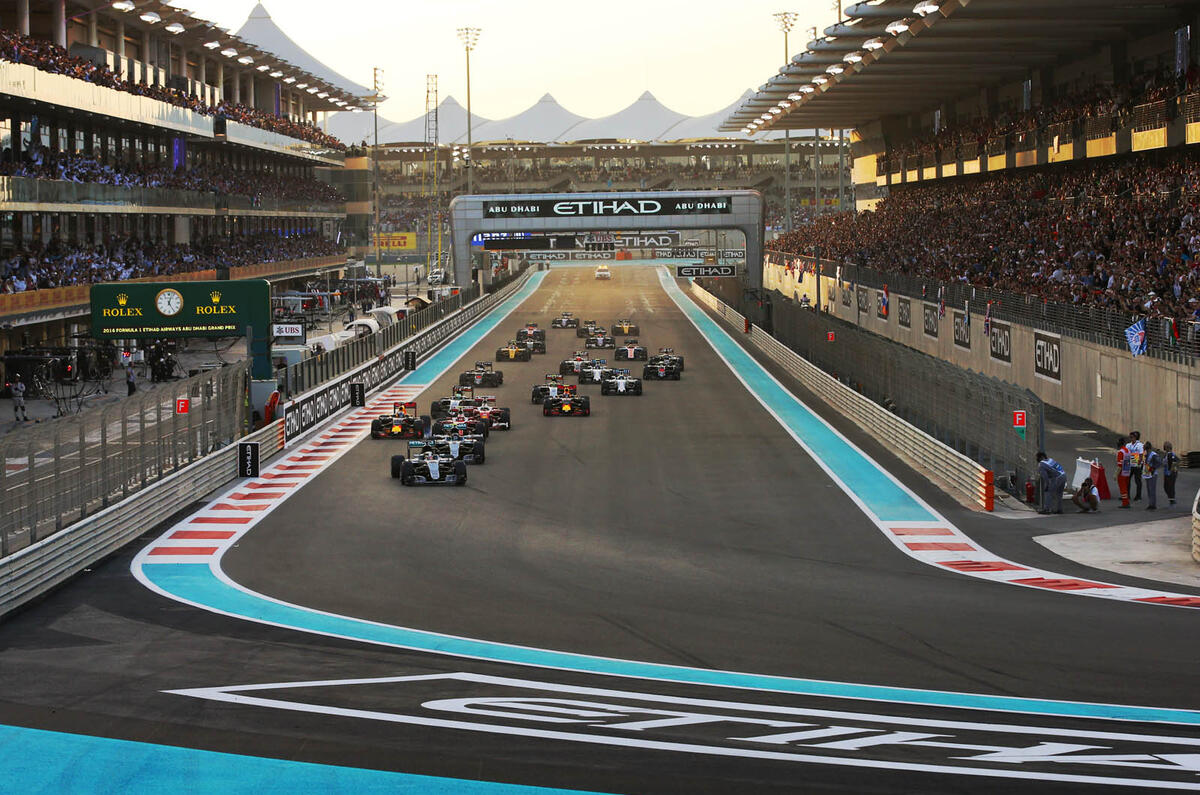
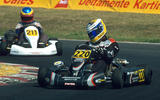



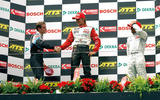
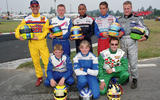
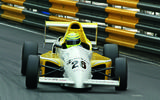

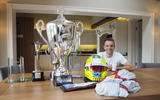
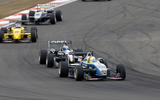
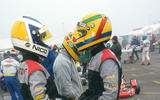
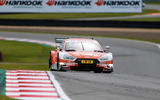

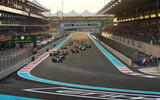

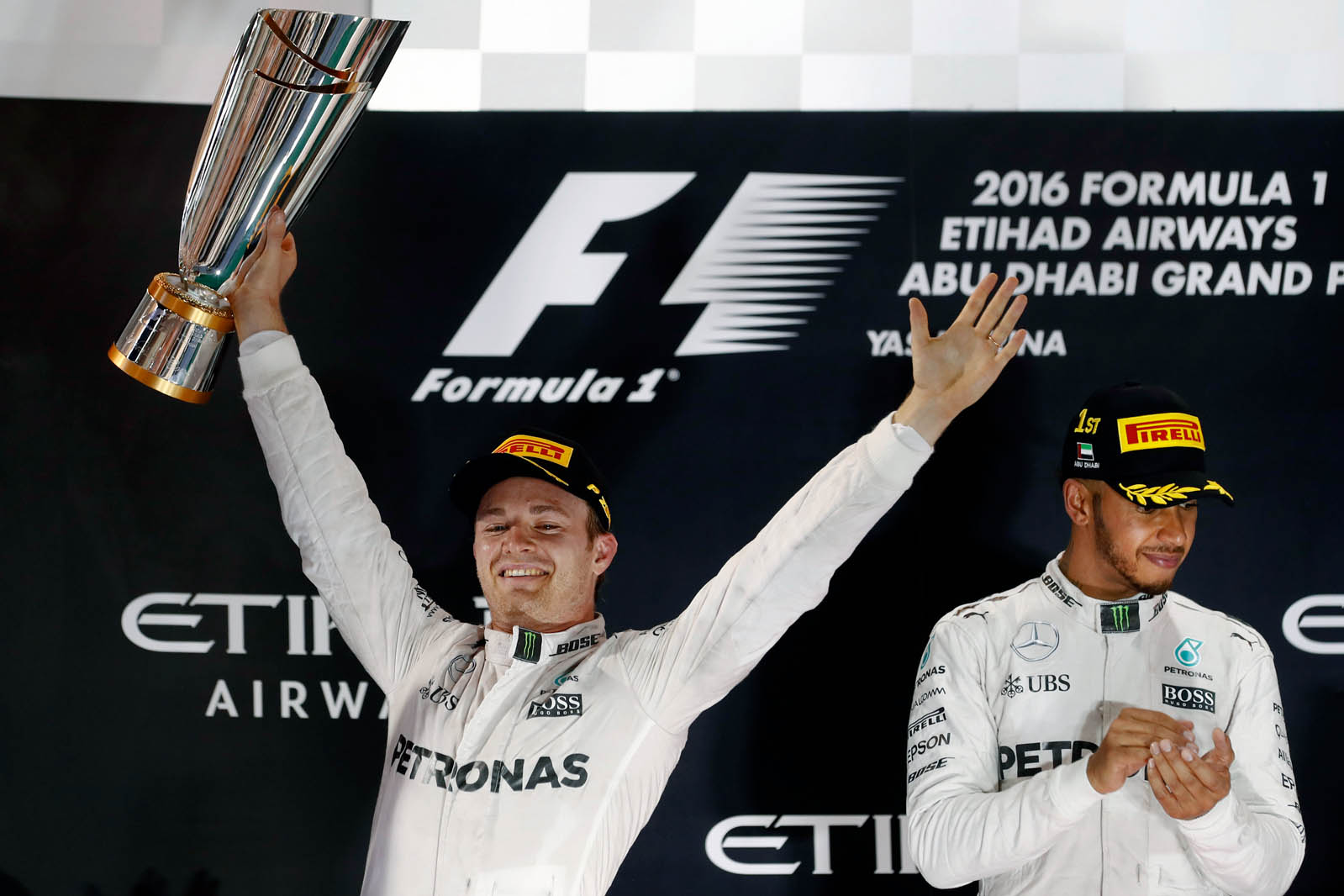
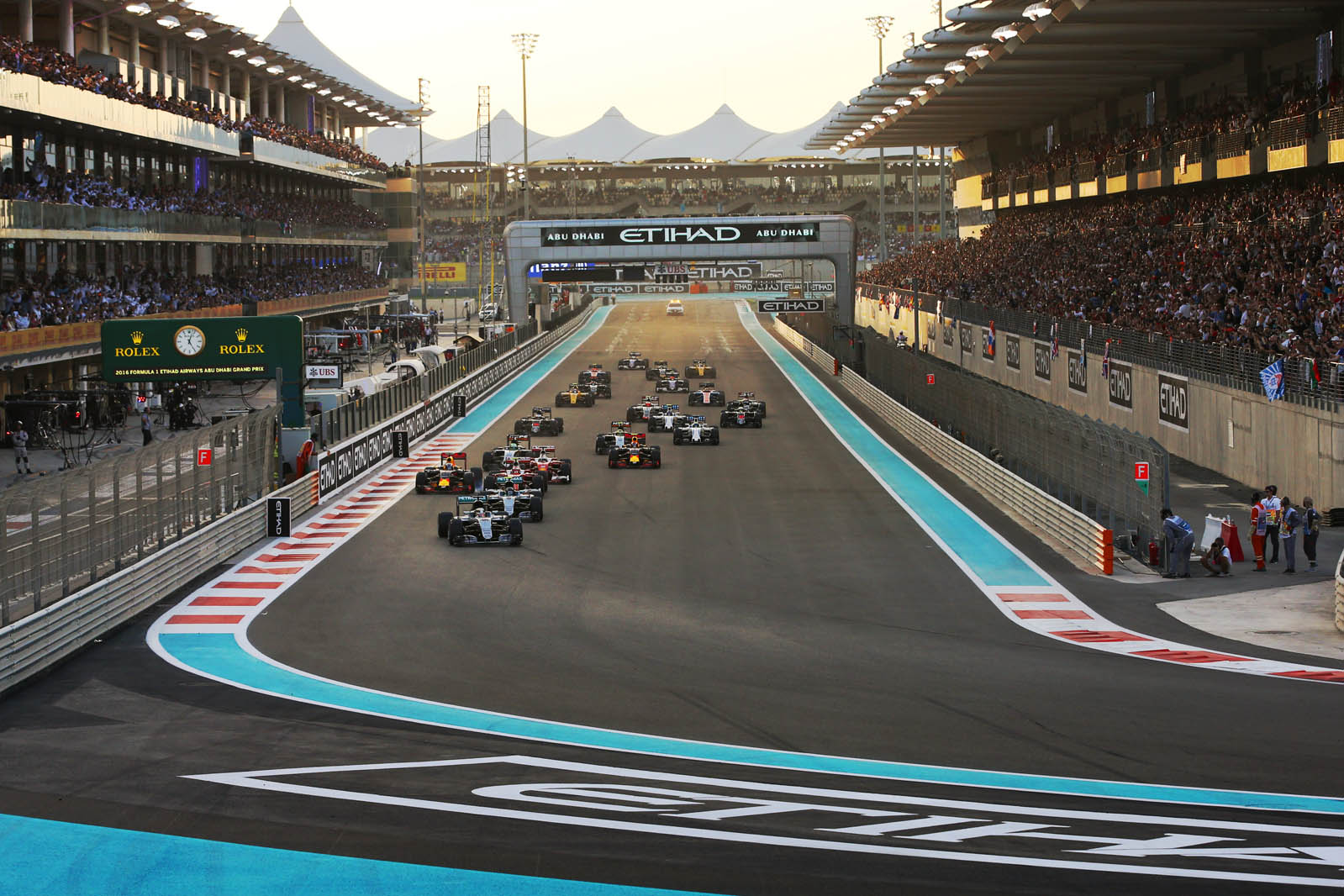
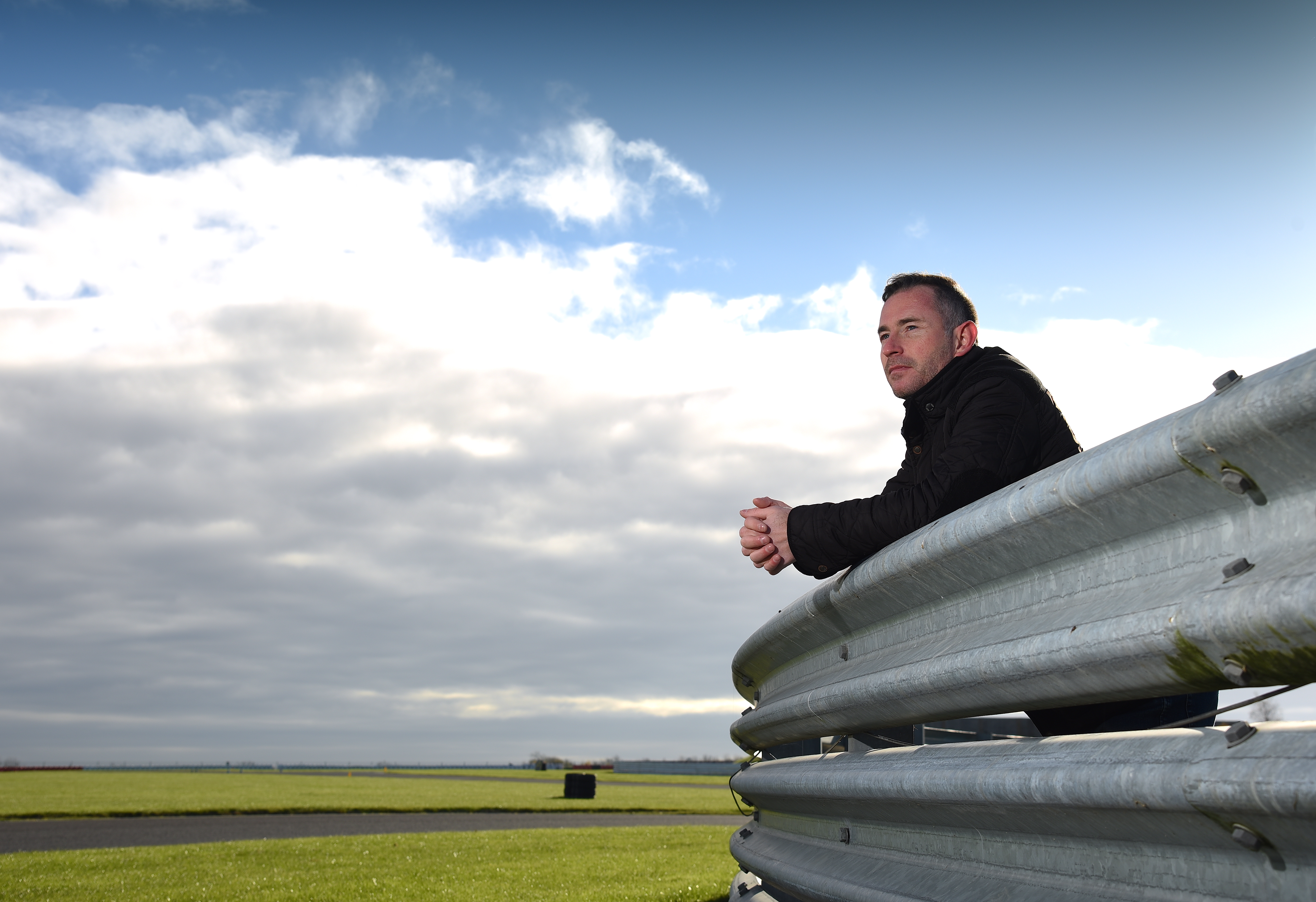
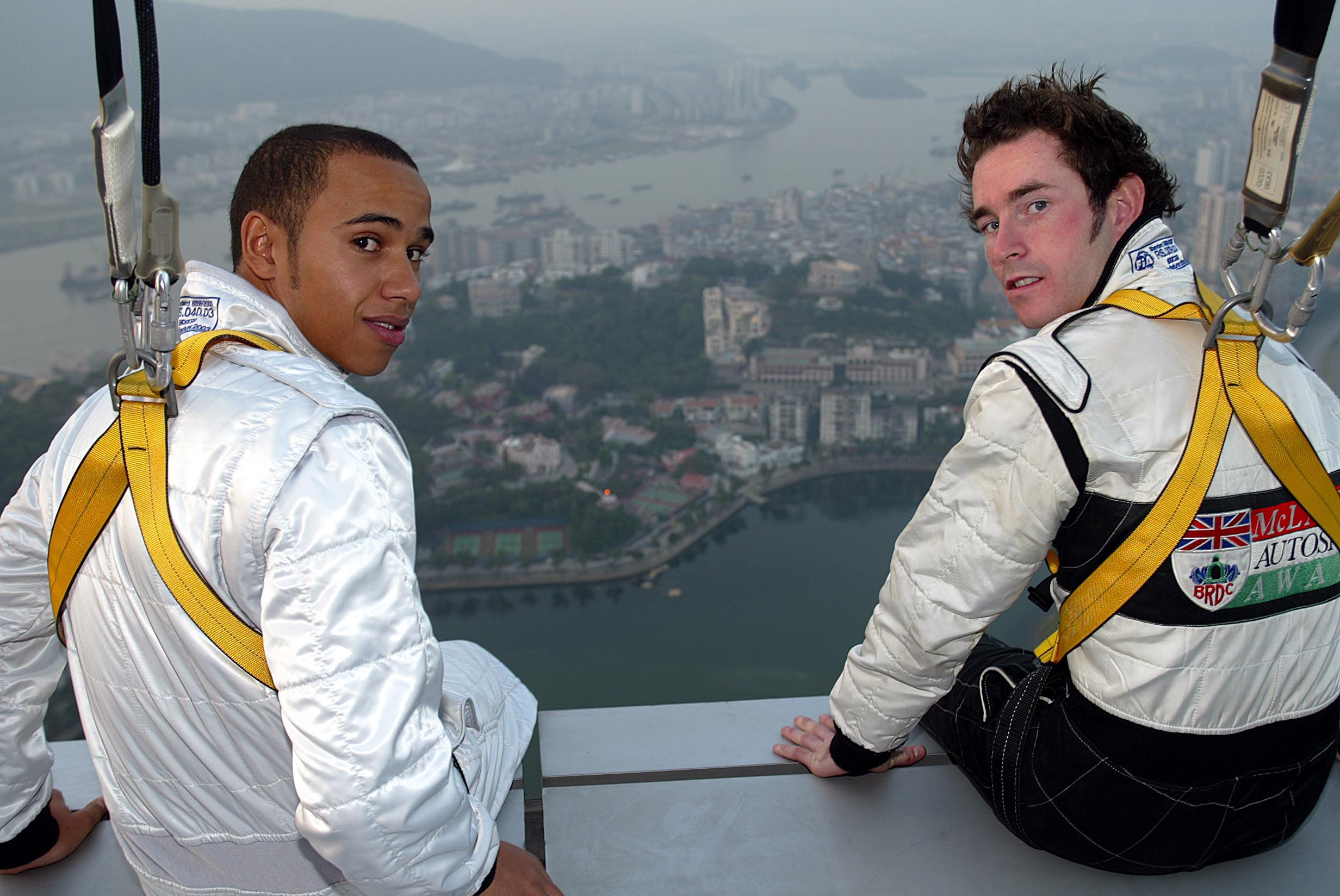
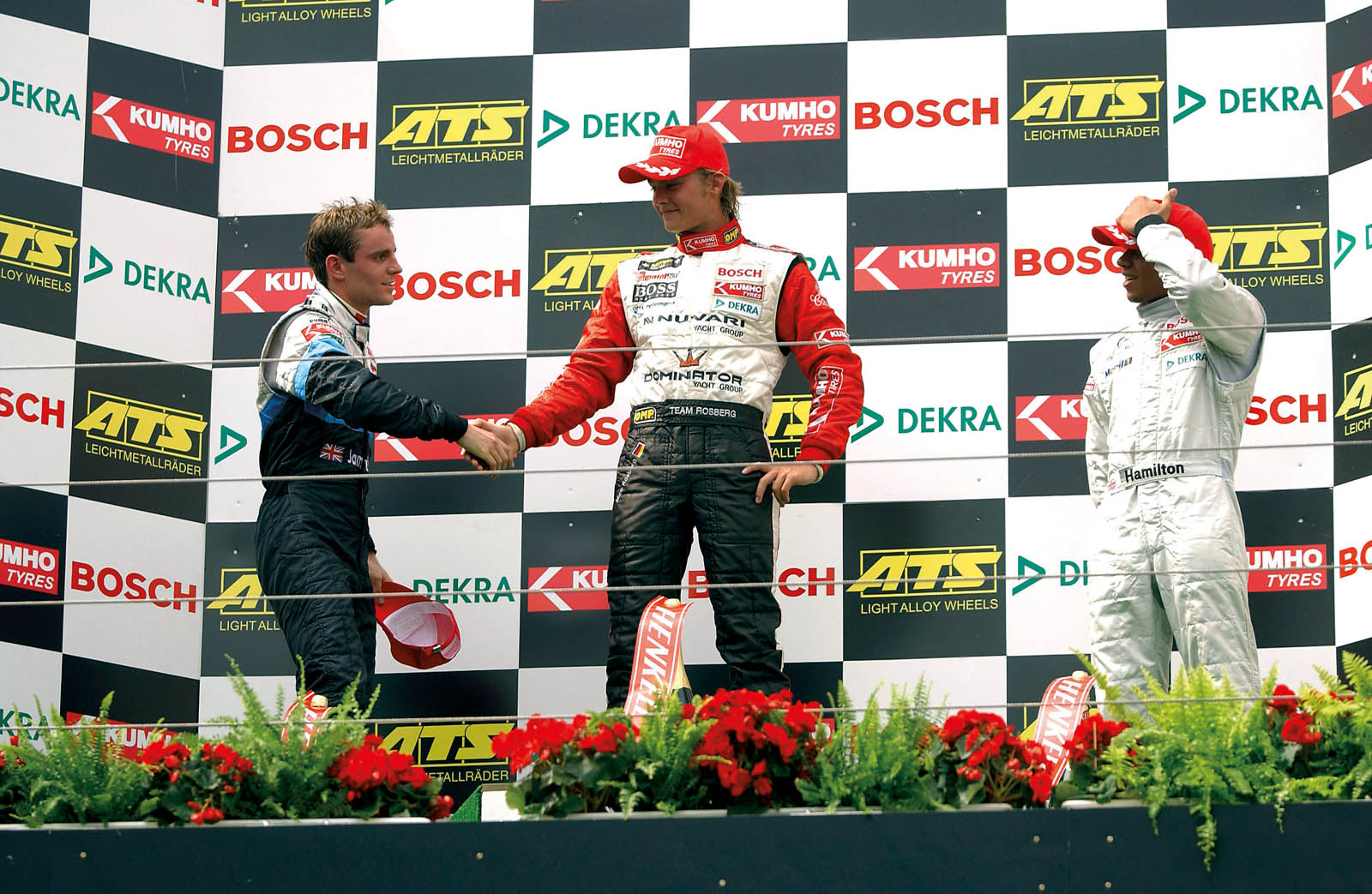
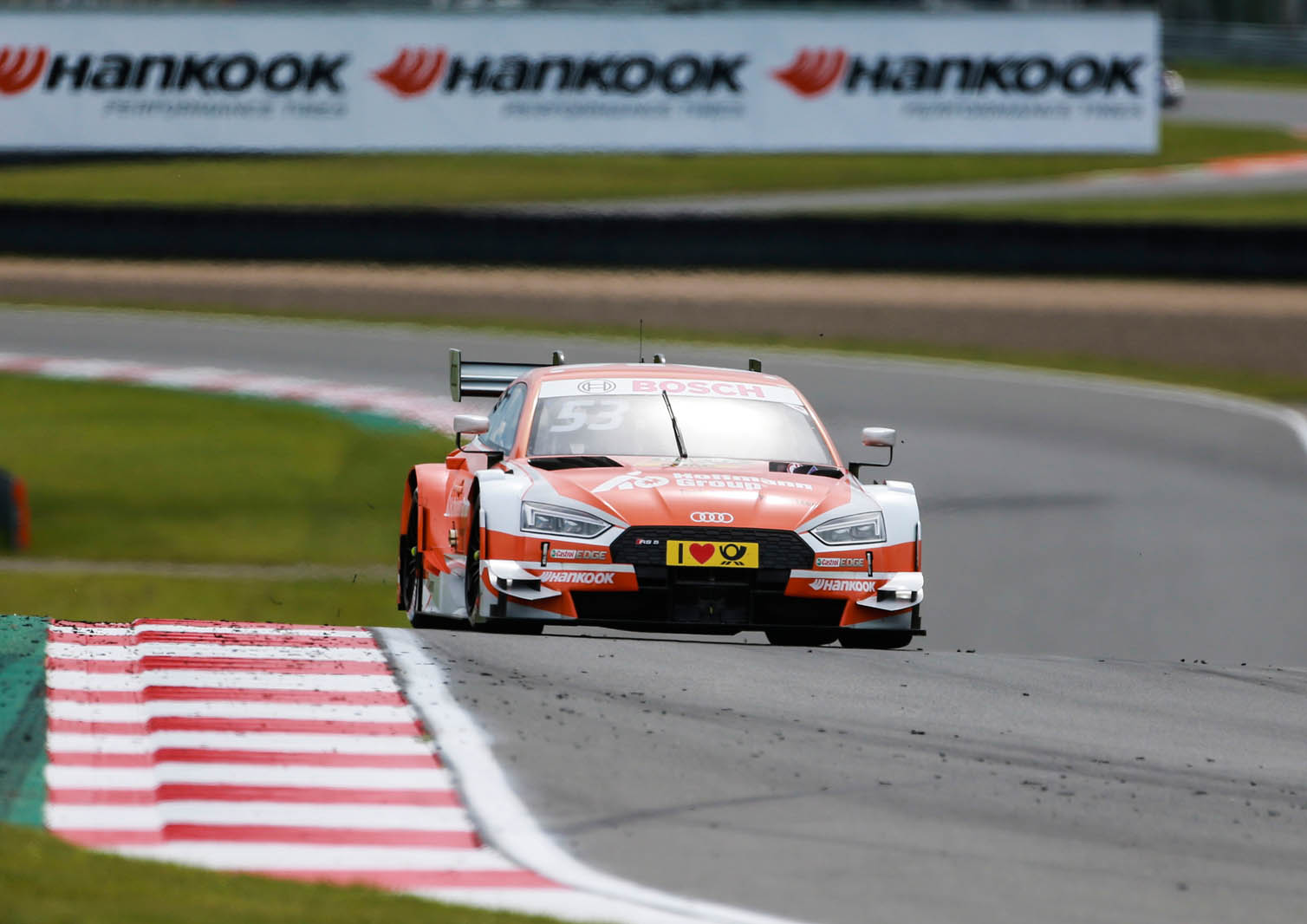
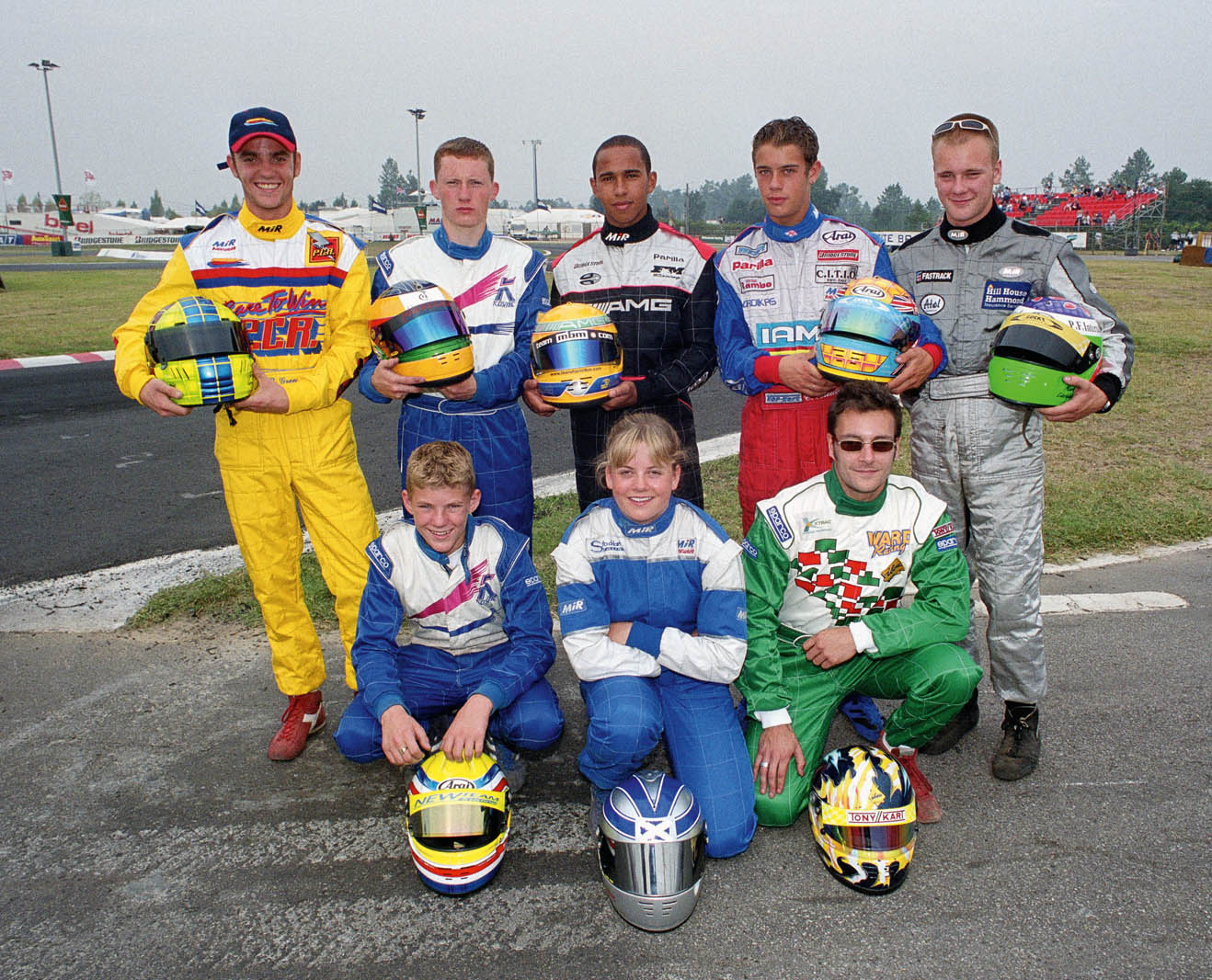
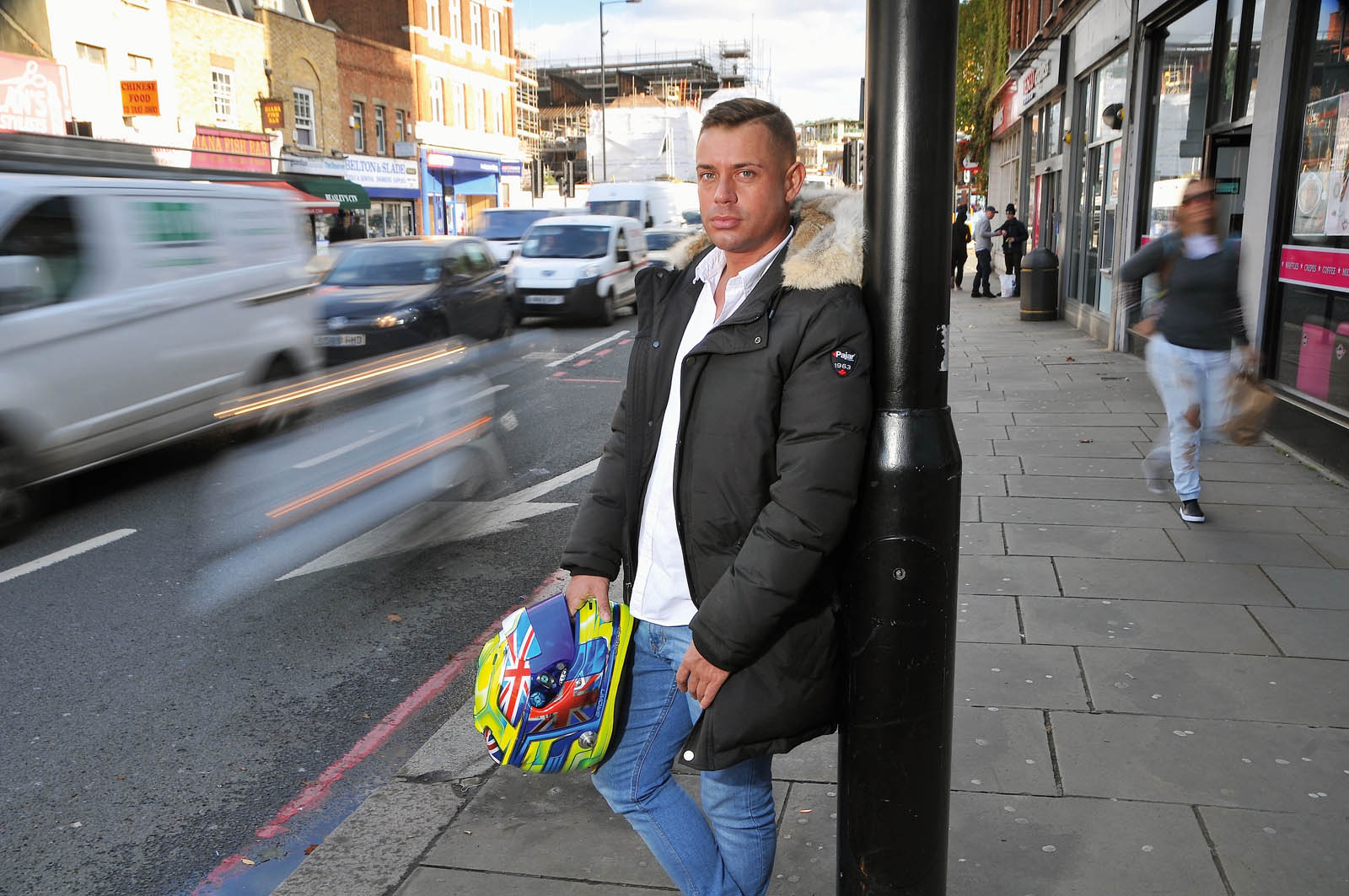

Join the debate
Add your comment
I literally cannot stand
I literally cannot stand Rosberg and many of my friends can't either. All of these reasons he gave as to why he beat Hamilton. I will say he was a tougher opponent than the previous season they battled, but he is being ridiculous. He cares to forget the things like Hamilton's less reliable car, they switched round the mechanics as well - the latter something I'll never really fathom. And best of all - he quit and didn't even give it a go to try and defend his title! If you are a true racer and fighter that is unforgiveable, especially as he wasn't too old to be doing so! Poor show Rosberg, as always. I am glad you're gone - those with common sense and a level head know who truly is the best racer and it's not you!
Rossberg is basically saying
Rossberg is basically saying he had to retire as he had to work too hard to beat Lewis he didn’t think he could beat him again. Without Lewis to push him he’d probably not have even been competitive with Vettel despite having a dominant car.
2016 was Rossberg’s to win which he barely did even with the cheating, running his team mate off the circuit and his teammates poor reliability when compared with all the other Mercedes engines in all teams.
There was was no point Rossberg trying to defend the title as he had spent every last bit of energy he had and some to get what he got.
As for Button, Whitmarsh saw to it that Lewis was less competitive.
Chris-ms wrote:
Whitmarsh? Thats a bit conspiratorial. Lewis beat Jensen in 2 out of 3 seasons together though Button was certainly competetive, I seem to remember Hamilton having reliability issues in 2011 among other things but certainly never heard that Whitmarsh had hobbled him. Agree with Rosberg comments, he pushed himself to beat Hamilton and was spent.
You've missed Fraser Sheader
For those of us who watched Lewis race at the beginning of his career, his name will always be inextricably linked with Fraser Sheader - one of the few drivers who consistently beat Lewis in a kart
You forgot button
As team mates Button beat Hamilton in loads of races but in championship points only in 2011. Still beat him though.